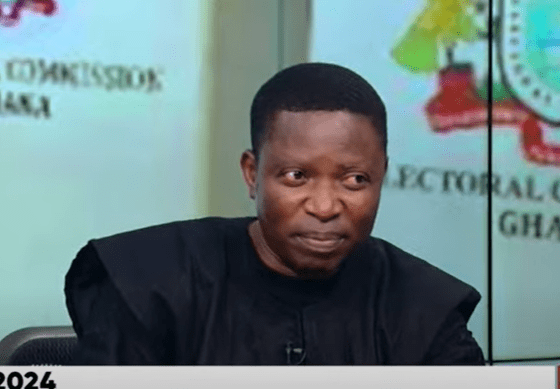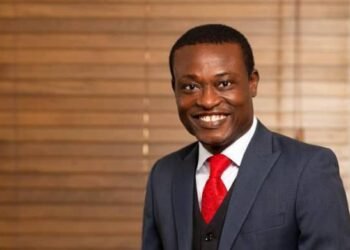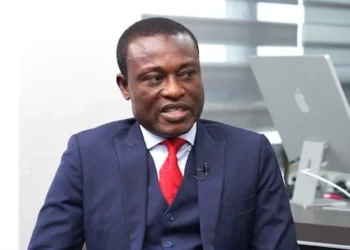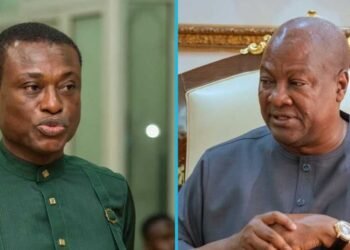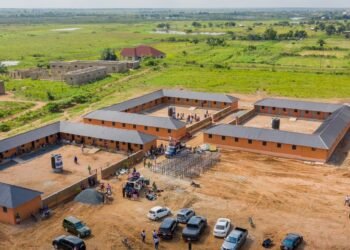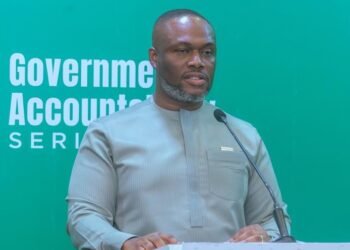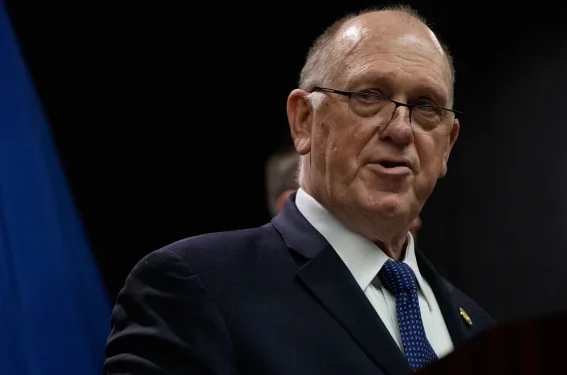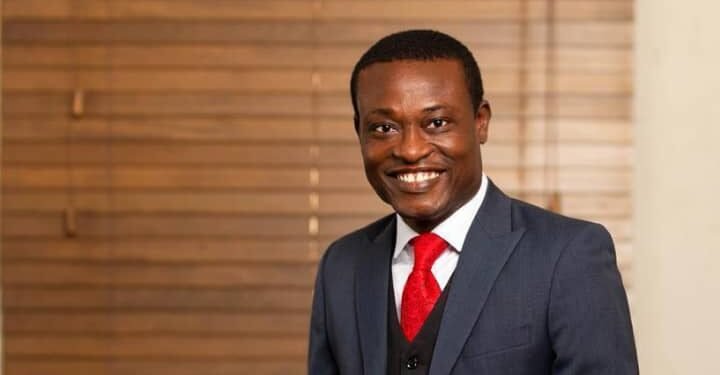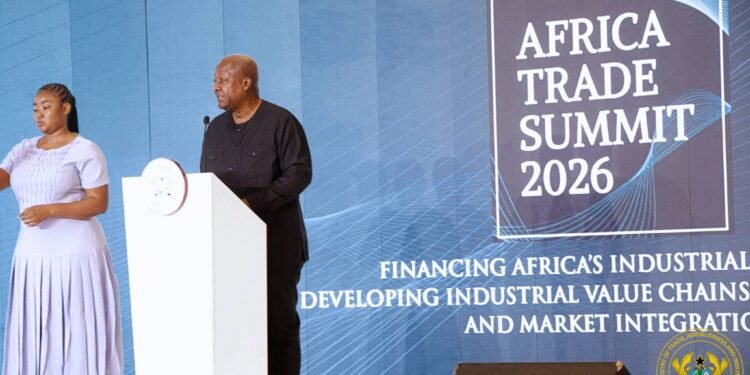The Deputy Director of Elections and IT for the National Democratic Congress (NDC) Dr. Tanko Rashid- Computer, made significant remarks regarding the massive attendance of the meeting engagement held by the NDC.
His statement touched on the importance of the event, the involvement of Civil Society Organizations (CSOs), religious leaders, diplomats, journalists, and media house managers, as well as the absence of the Peace Council at the meeting. Dr. Tanko began by highlighting the remarkable attendance at the engagement. He noted that the event drew a large crowd, emphasizing the involvement of key groups.
“In fact, the place was filled to capacity. We had not less than almost 60 CSO’s present in the country… We were shocked at the level of participation. That shows that Ghanaians are seriously interested in whatever the NDC is putting out there.”
Dr. Tanko Rashid-Computer the Deputy Director of Elections and IT for the National Democratic Congress (NDC)
One key point of contention was the absence of the Peace Council from the event. Dr. Tanko acknowledged that the Peace Council had been invited but did not attend, leaving the NDC puzzled about their reasons for not showing up.
“The body that you mentioned, we are telling invitation to them, just that they didn’t turn up. But apart from that, we have not less than almost 60 CSOs in the country.”
Dr. Tanko Rashid-Computer the Deputy Director of Elections and IT for the National Democratic Congress (NDC)
When questioned about whether he was worried by the Peace Council’s absence, especially given their past criticism of the NDC’s stance. He noted; “Peace Council, we cannot read in their mind why they didn’t turn up. We have extended the invitation to them to come because we want them to see.”
The Role of CSOs in the Electoral Process
Dr. Tanko took the opportunity to stress the importance of CSOs in Ghana’s democratic process, highlighting their role as part of the broader framework ensuring the integrity of elections. He expressed disappointment that the Peace Council did not attend, as they are a crucial part of the election process, particularly through their involvement in the Inter-Party Advisory Committee (IPAC). He pointed out that the event provided a platform for the NDC to present crucial evidence regarding the electoral process, and the Peace Council’s attendance would have been valuable. Dr. Tanko emphasized on the NDC’s presentation of evidence concerning issues with the electoral register.
“All along, this Electoral Commission has been telling the whole world that we have not presented evidence and all that. So yesterday was an opportunity for us to demonstrate to the whole world that we did have evidence, and we did present evidence to them.”
Dr. Tanko Rashid-Computer the Deputy Director of Elections and IT for the National Democratic Congress (NDC)
Dr. Tanko stated that this evidence highlighted the flaws in the electoral register and how it had been manipulated, which he believed was crucial to ensuring a fair election process. He further explained the NDC’s demand for a forensic audit of the register, stating that the evidence presented during the event justified their calls for such an audit.
“Yesterday was a platform where we demonstrated this, and clearly, all the civil society who came in were very much surprised that, yes, we have this depth of information about the register that we are all talking about.”
Dr. Tanko Rashid-Computer the Deputy Director of Elections and IT for the National Democratic Congress (NDC)
Electoral Manipulation Beyond Voting Day
Dr. Tanko also touched on the broader issue of electoral manipulation, arguing that rigging elections doesn’t happen solely on election day but is a process that starts well before. He highlighted how manipulating the voters’ register can give a political party an unfair advantage, ensuring that the actual election day results are skewed in their favor.
“You don’t rig elections on the day. You rig elections way ahead. You start rigging the election with the register—manipulate the register, displace voters, and all that.”
Dr. Tanko Rashid-Computer the Deputy Director of Elections and IT for the National Democratic Congress (NDC)
According to him, if this manipulation is done successfully, the actual voting process merely serves to legitimize the prior rigging. Dr. Tanko criticized the Peace Council for focusing primarily on election day rather than addressing issues leading up to the elections. He stressed that peaceful elections are not just about what happens on the day of voting but are the result of a fair and transparent process.
“Anytime you hear them talk, they are talking about the event, the voting day, about peace, elections, and all that. But you see, peaceful elections are a process. You must get the process right. If the process is not right, you are not going to have any peaceful election.”
Dr. Tanko Rashid-Computer the Deputy Director of Elections and IT for the National Democratic Congress (NDC)
His remarks underscored the NDC’s belief that electoral integrity starts with ensuring that the entire process, from voter registration to the final vote count, is conducted fairly and transparently.

